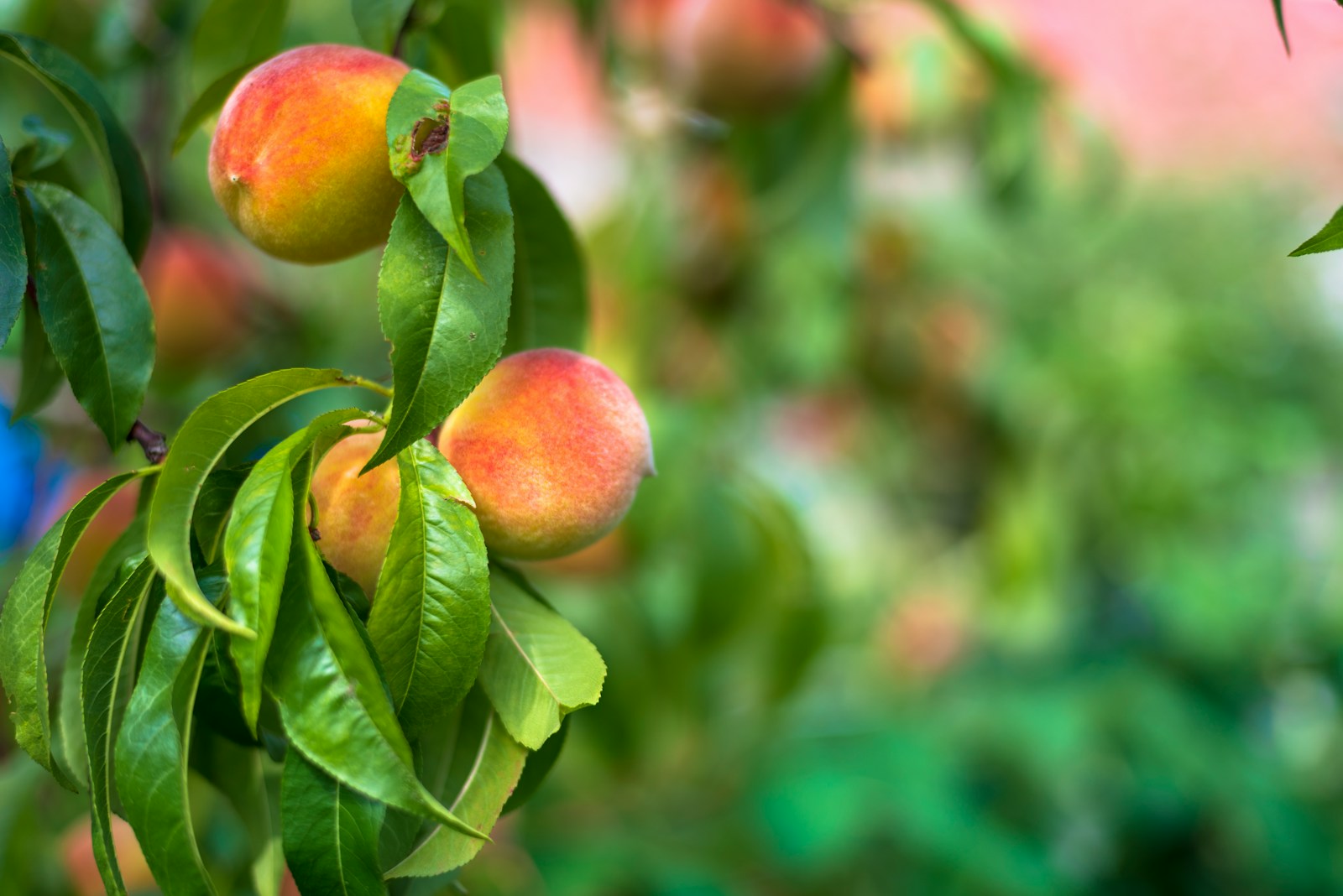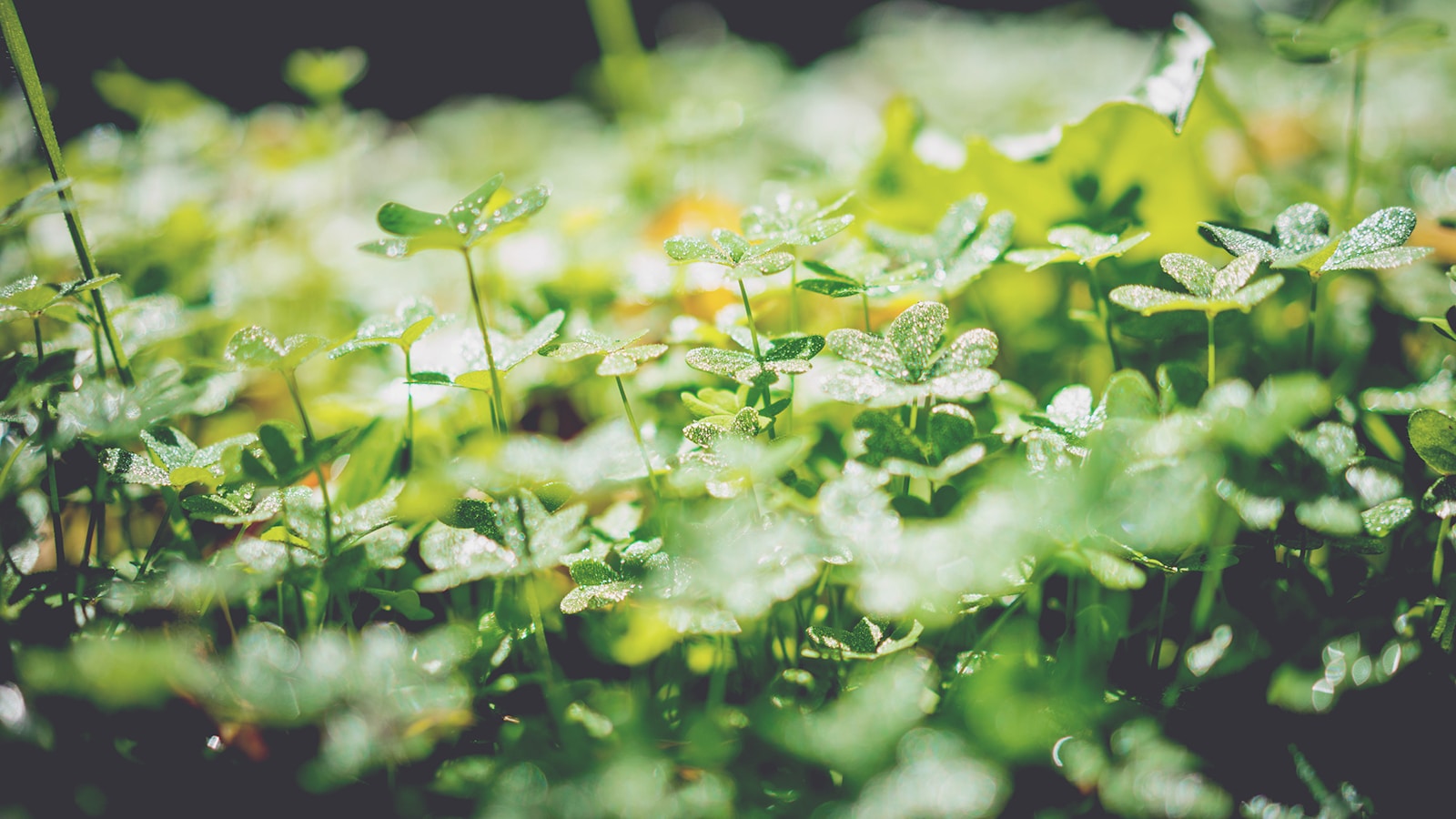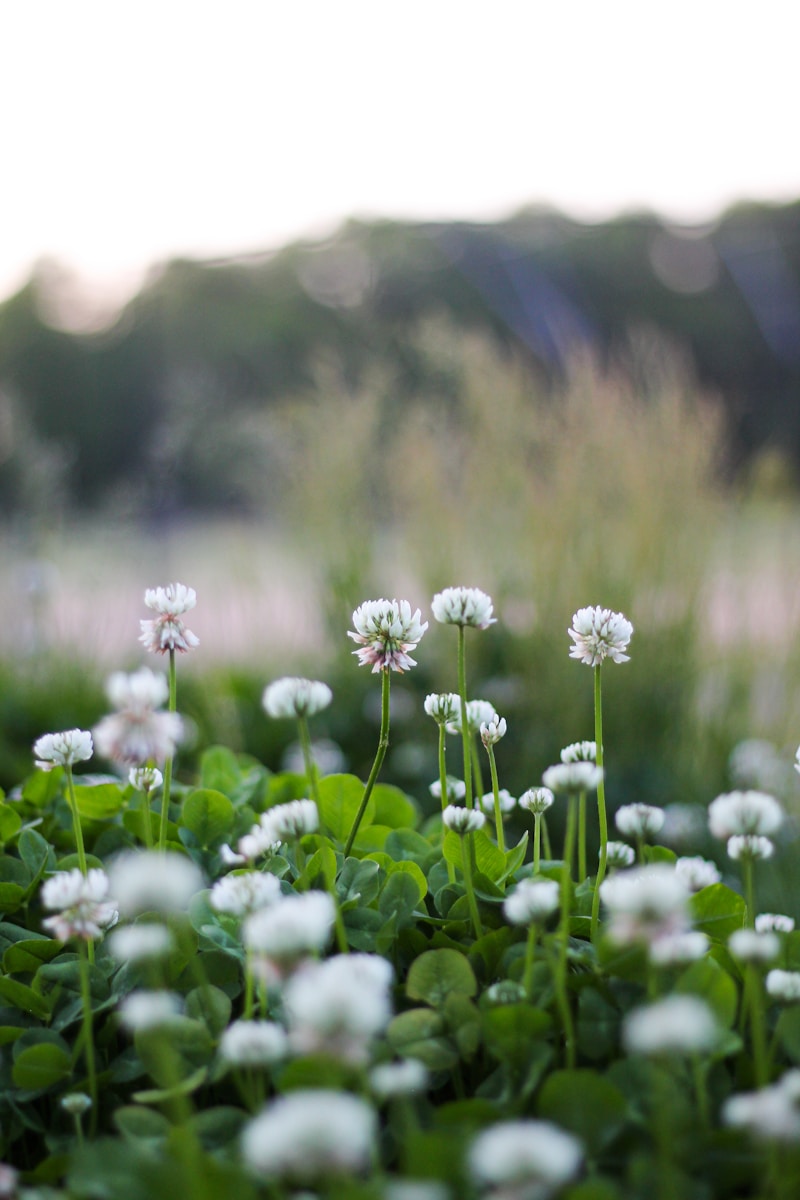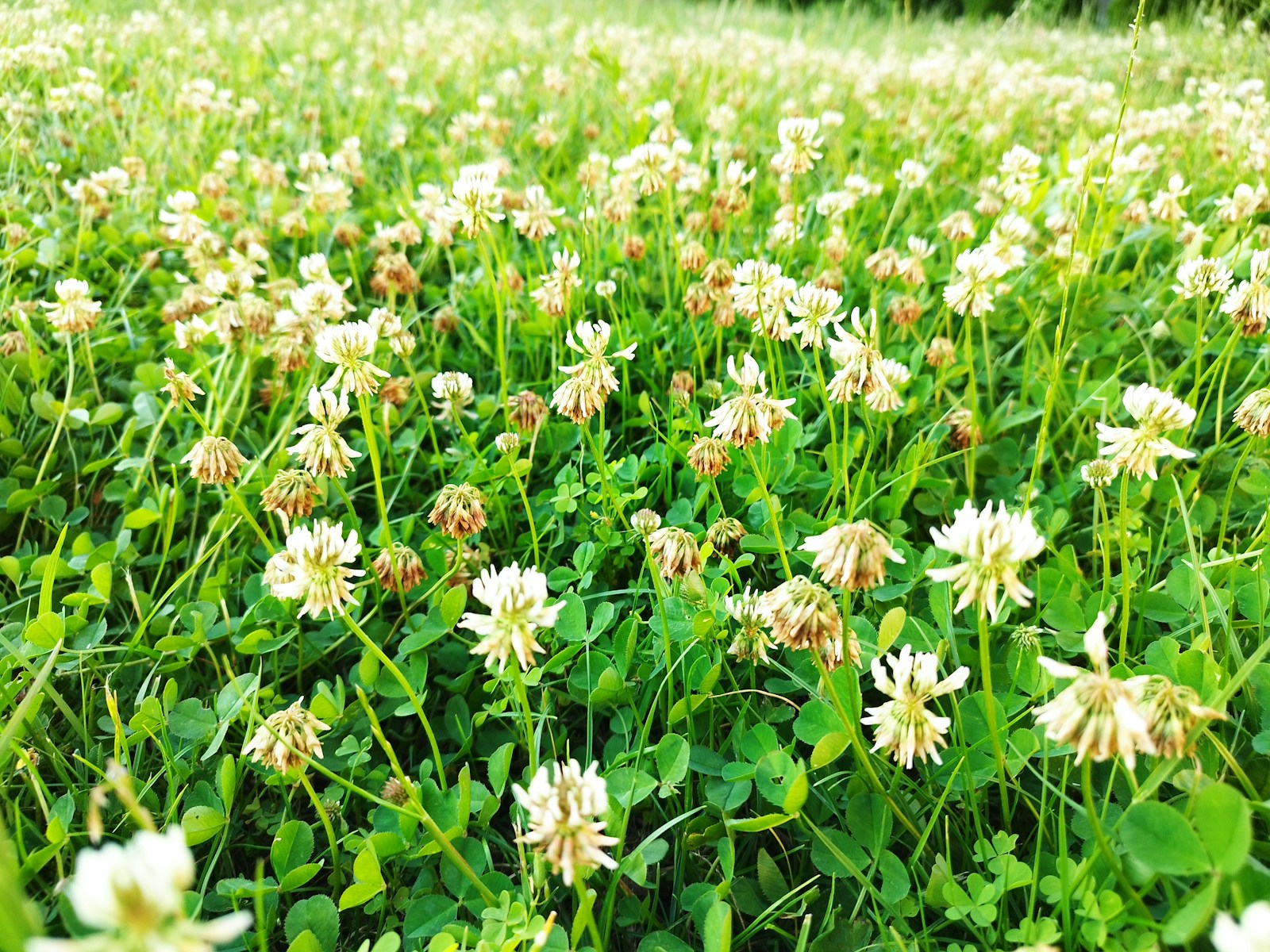Unlike some fruit trees that rely heavily on cross-pollination, most peach trees are self-pollinating, meaning they do not require another tree to produce fruit. This makes them an excellent choice for home gardeners with limited space. Self-pollinating peach tree varieties include:
- Redhaven
- Elberta
- Contender
- Hale Haven
These varieties can produce fruit without an additional pollinator tree nearby, but having multiple trees can still improve fruit set and yield due to increased pollination opportunities from wind and pollinators like bees.
When Do Peach Trees Need a Pollinator?
While most peach trees are self-fertile, some varieties may benefit from cross-pollination, especially if you’re aiming for a more abundant harvest. If you’re planting a variety that isn’t explicitly labeled as self-pollinating, it’s wise to plant another peach tree nearby to ensure a successful crop.
Additionally, environmental factors like poor weather conditions, lack of pollinators, or improper care can affect fruit production, making cross-pollination beneficial.
How to Ensure Proper Pollination
To maximize your peach tree’s potential, follow these tips:
- Choose the Right Variety: Opt for a self-pollinating variety if space is limited.
- Plant Companion Trees: If you have room, planting another peach tree can enhance fruit production.
- Encourage Pollinators: Attract bees and butterflies by planting pollinator-friendly flowers nearby.
- Ensure Proper Spacing: Peach trees should be spaced 15-20 feet apart to allow for optimal growth and pollination.
- Regular Pruning: Keeping your tree well-pruned helps improve airflow and pollination efficiency.
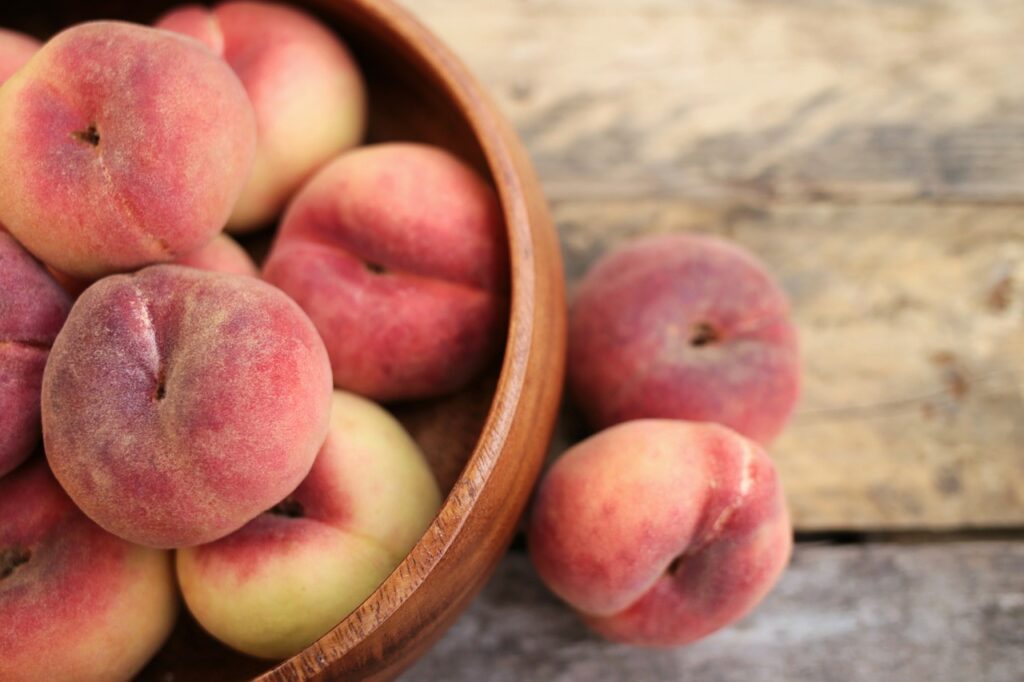
My Experience with Peach Tree Pollination
A few years ago, a friend of mine planted her first peach tree in her backyard, hoping for a lush summer harvest. She chose a Redhaven variety, knowing it was self-pollinating. That first year, she saw some fruit, but not as much as she had hoped. The following season, she added a second tree nearby, and the difference was remarkable. The extra tree seemed to invite more bees, and she enjoyed a much larger, juicier crop. It was a valuable lesson in how even self-pollinating trees can benefit from a little extra help.
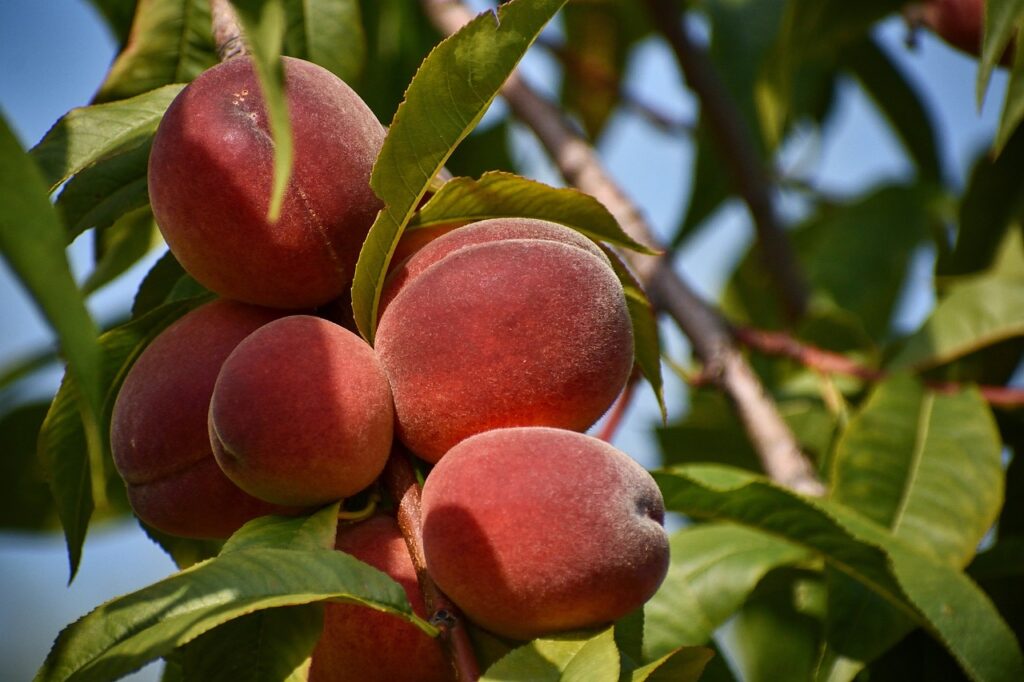
Common Pollination Challenges
Even self-pollinating peach trees can face challenges when it comes to fruit production. Some common issues include:
- Lack of Pollinators: If you don’t see many bees in your area, consider hand-pollinating with a small brush.
- Frost Damage: Late frosts can damage blossoms and reduce pollination success.
- Overcrowding: Ensure your tree has adequate space and sunlight to thrive.
Final Thoughts
So, do peach trees need a pollinator? In most cases, no—self-pollinating varieties will produce fruit on their own. However, adding another tree can improve your harvest and ensure better pollination in less-than-ideal conditions. Whether you’re planting a single tree or creating a small orchard, understanding your tree’s pollination needs will help you enjoy a fruitful, thriving peach harvest for years to come.
